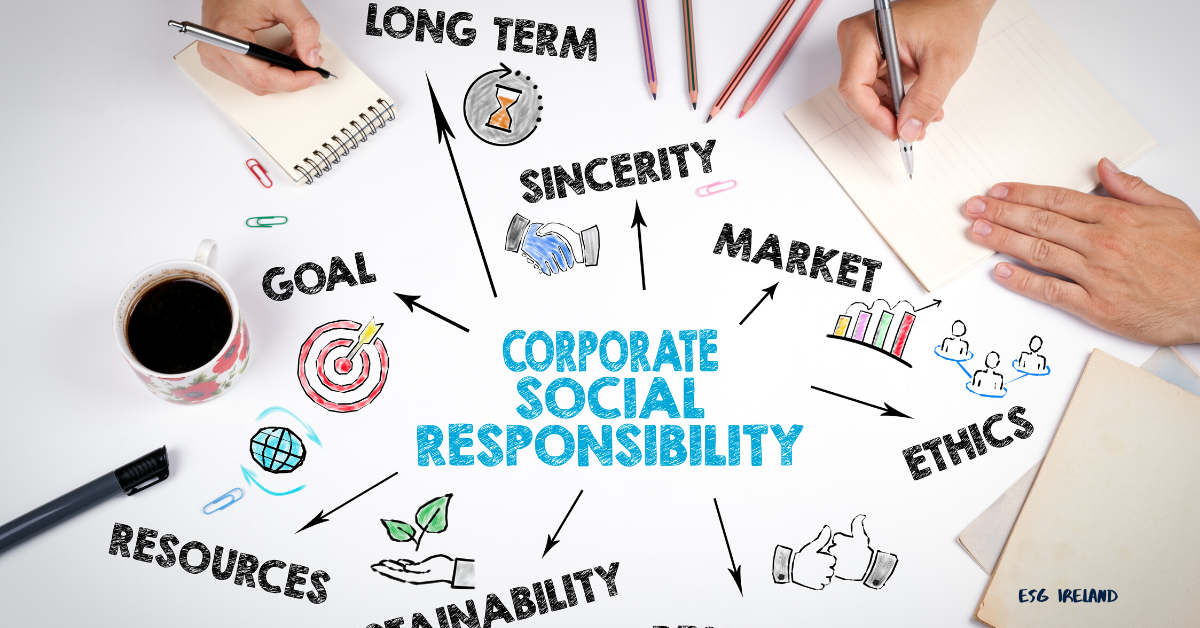

One of the standout characters when it comes to free market economics and the role of business is the free market economist Milton Friedman. In 1970, the New York Times published his c. 3000-word article entitled: “The Social Responsibility of Business is to Increase its Profits”.
“Unadulterated socialism”
Friedman argued that people talking about the social responsibilities of a business were “preaching pure and unadulterated socialism”. From the outset, he leaves no doubt in the minds of readers on how he feels about such people: “Businessmen who talk this way are unwitting puppets of the intellectual forces that have been undermining the basis of a free society these past decades.”
At the time he was plugging his book “Capitalism and Freedom”. His world view was defined by two sides, Capitalism and Socialism, what he describes as the market mechanism and the political mechanism, representing freedom and conformity, respectively.
Friedman’s catchy article title is regularly cited in articles on social responsibility, sustainability and the profit motive. However, I would encourage everyone to read the full piece.
One might not agree with everything (or anything) Friedman argued but 50 years later the article is still relevant. It is rich in discussion points that still need to be debated openly. Decision making bodies across business, investments and politics have to go on their own philosophical journey to arrive at a practical and implementable position on social responsibility.
In fairness to Friedman, he is upfront with his opinions, something that not many people are willing to be. Even when companies or executives get off the fence and commit to something publicly, it can be very difficult to decipher between what is genuine and what is just PR.
Cloaked self-interest
Friedman takes major issue with pious executives and companies proclaiming to be socially responsible when their actions are ultimately driven by the self-interest of the corporation. He uses the example of a major employer in a small local community, making contributions to generate goodwill in the long-run interest of the company. He calls it “a cloak of social responsibility”.
“Of course, in practice the doctrine of social responsibility is frequently a cloak for actions that are justified on other grounds rather than a reason for those actions….one way for a corporate to generate goodwill as a by-product of expenditures that are entirely justified on its own self-interest.”
For him, companies using this cloak of social responsibility are misrepresenting their underlying commitment to profits. This he feared would ‘give strength to the to the already too prevalent view that the pursuit of profits is wicked and immoral and must be curbed and controlled by external forces ‘.
Hypocritical window-dressing
It is black and white for Friedman; there is no grey area. ‘The only social responsibility of companies is to make profits, within the rules.’ (Of course, his caveat “within the rules” opens up another debate on the rules and the setting of those rules).
“It would be inconsistent of me to call on corporate executives to refrain from this hypocritical window-dressing because it harms the foundation of a free society. That would be to call on them to exercise a “social responsibility”! If our institutions, and the attitudes of the public make it in their self-interest to cloak their actions in this way, I cannot summon much indignation to denounce them. At the same time, I can express admiration for those individual proprietors or owners of closely held corporations or stockholders of more broadly held corporations who disdain such tactics as approaching fraud.”
Strong words. His take on Larry Fink’s letters would be quite entertaining.
Fugazi
In one sense Milton Friedman has a point. The world needs more authenticity; there are a lot of fugazis out there.
However, the important point is that even the staunchly capitalist Milton Friedman recognised that developing goodwill with other stakeholders could be in the self-interest of companies to increase profits over the long term. He just wanted businesspeople to be honest about their motives.
If more companies were genuinely open with their motives with respect to social responsibility, then it would add more credibility to their organisation. It would also help lift us out of our culture of short termism. An obsessive focus on short term profits compromises the future. Taking social responsibility seriously is consistent with developing sustainable profits over the long term.
Profits are not a bad thing; but they must not come at the expense of people, the environment and other stakeholders. That should be just common sense.
End
Vincent McCarthy, CFA
(Article featured in Q1 issue of “The ESG Factor”, the ESG Ireland quarterly newsletter developed to provoke thought and motivate action on ESG and sustainability. Subscribe: Insights@ESG.ie)
